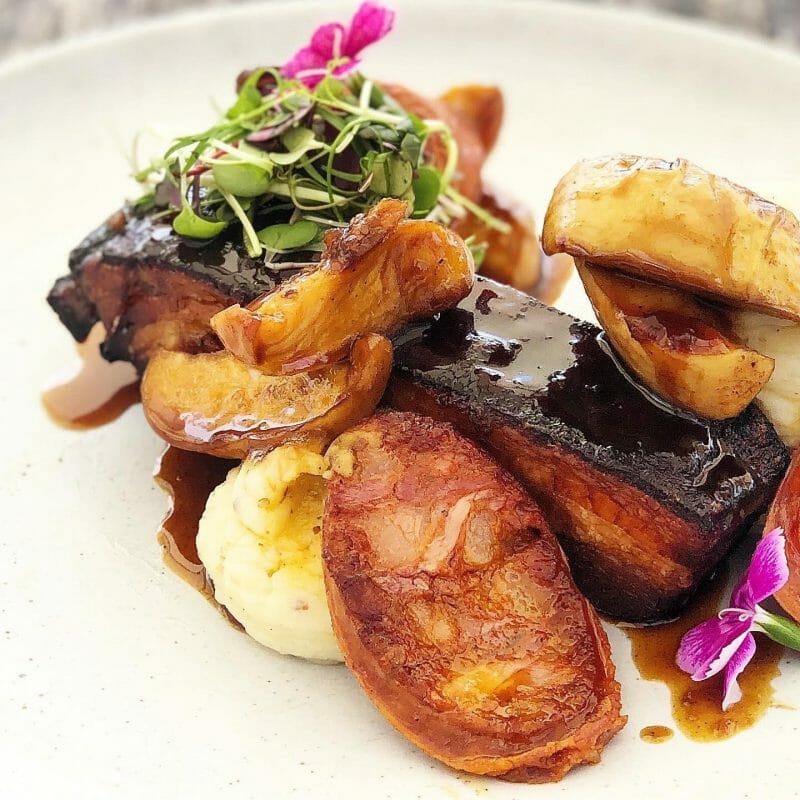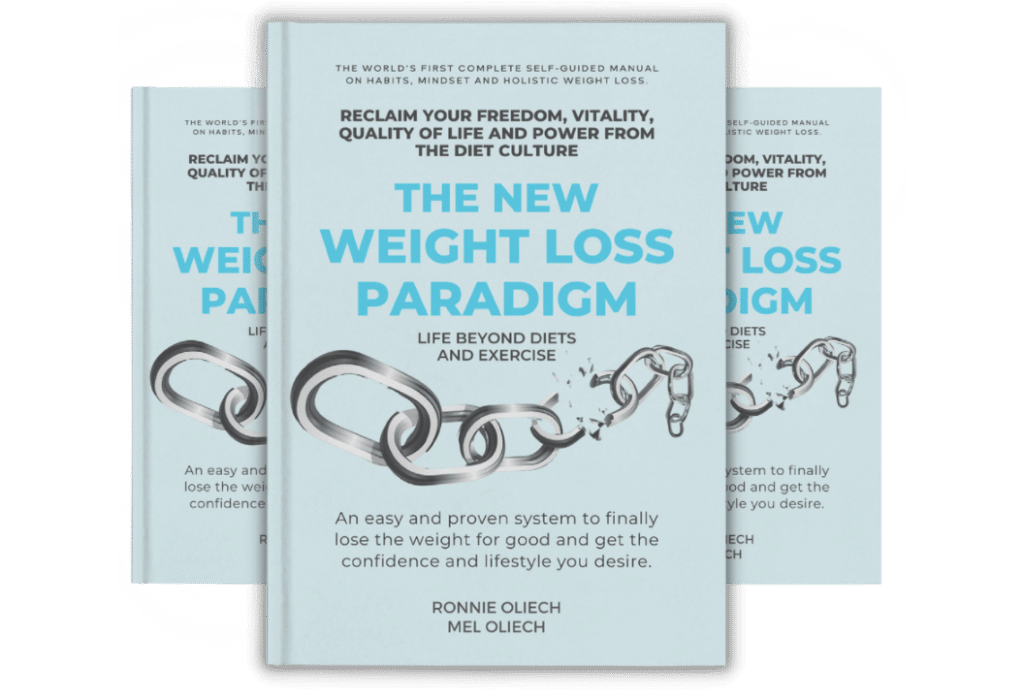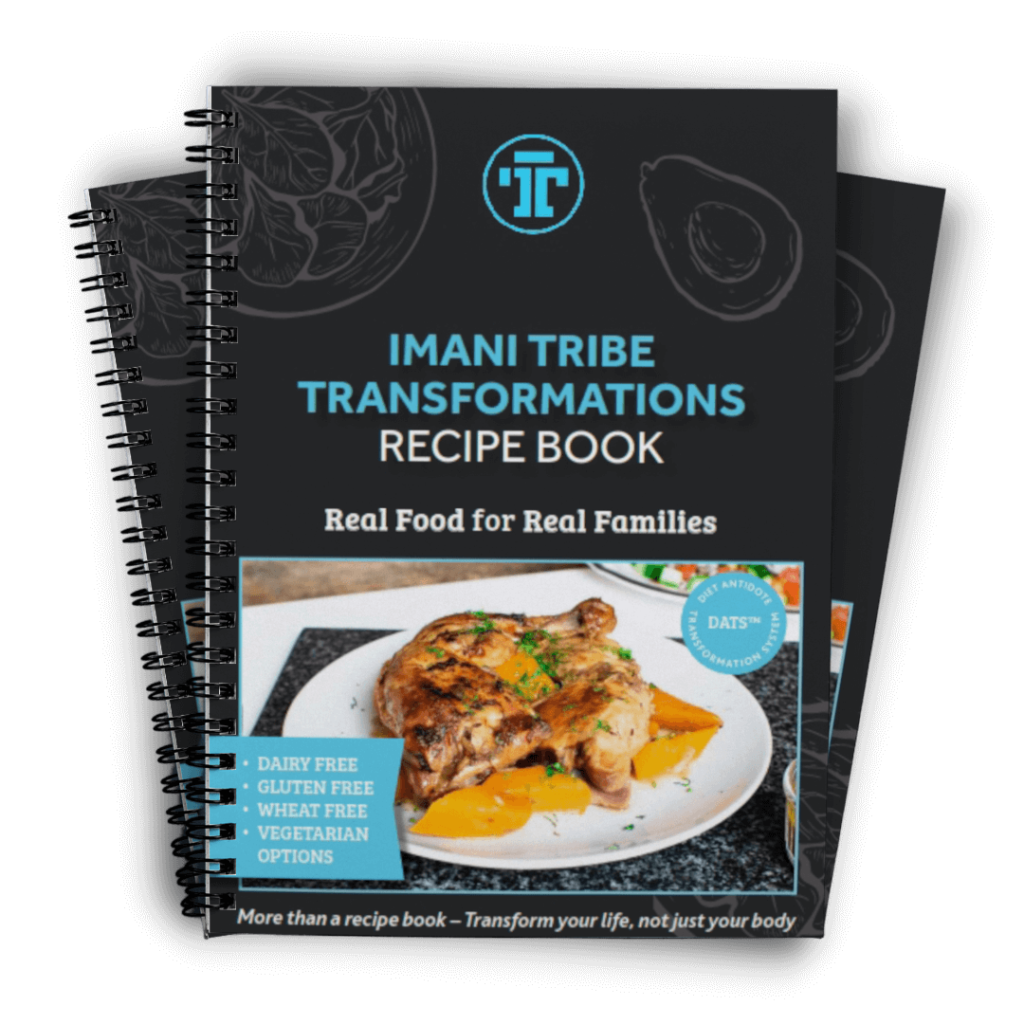If you’re trying to lose weight, you might be worried about eating out.
Many people who are on a diet often avoid eating out, in the fear that doing so will cause them to gain weight, or derail them completely. But when you have the right tools, you can eat out and enjoy it without feeling guilty.
Acknowledge that not all food choices are nutritional
It’s important to understand that not all of our food choices must be based on our nutritional needs. Sometimes we eat food because it’s delicious and that’s okay. For example, if you love pancakes and ice-cream, it’s okay to have it now and then.
Quality over quantity
When you eat out you should favour quality over quantity (or price). There are plenty of fast food places, all-you-can-eat buffets, and food courts that offer fast food at a cheap price. However, these foods often leave you feeling guilty, and unsatisfied. They are usually highly-processed (which means they are high in fat, sugar, salt and calories), and provide little nutrition. They also won’t leave you feeling satisfied. Instead, opt for better quality, less processed food found in cafes and restaurants. You’ll find your eating out experience much more enjoyable.
Treat not convenience
Eating out should be a treat, not a convenience. Often people eat out or buy takeaway because it’s an easy option. Make the time to prepare healthy meals most of the time, and save your eating out experiences as a treat or highlight of your week, rather than a quick and easy way to get food.
Plan it into your week
There’s nothing wrong with eating out, but you should decide when you’re going to do it in advance. Planning it into your week means you won’t feel guilty about eating out and you’ll be free to enjoy the experience. This will reduce your stress levels around food, which will make it easier for you to lose weight.
Don’t skip meals
A lot of people make the mistake of skipping meals, if they know they’ll be eating out later on. In an attempt to offset any extra calories they may eat at lunch or dinner, they’ll starve themselves during the day. What usually happens is that they’re so hungry by the time they get to the restaurant, that they end up eating more than they planned. Don’t skip meals before you go. It’s okay to eat smaller portions, but don’t fall into the trap of starving yourself first because this will only backfire.
Choose food you’ll enjoy
Most people eat out because it’s a social occasion. Whether you’re celebrating a birthday or special occasion, or simply to catch up with friends, it’s important to enjoy the experience for what it is. It’s easy to make the mistake of choosing ‘diet’ food when ordering from a restaurant or café menu. This may seem like it’s supporting your weight loss goals, but if you’re forgoing a dish that you’d really like, over one that is more ‘diet-friendly’, you’re less likely to enjoy what you’re eating. This lack of satisfaction may also lead you to look for more ‘exciting’ choices when you leave, thereby increasing the likelihood of a binge when you get home.
Look for nourishing, filling choices
Most restaurants and cafes offer tasty, yet nourishing foods, so you can eat healthy food that doesn’t feel like diet food. Look for dishes that have a variety of vegetables and lean protein. Not only will this fuel your body with the right nutrients, but it will keep you feeling fuller for longer. Research has also shown that beautifully presented food increases the enjoyment of your meal, meaning you’re more satisfied when you’ve finished eating. So from that point of view, there’s no need to feel guilty about indulging in a restaurant-quality meal.
Be aware of calories
You don’t need to know the caloric value of any particular food, but it does pay to be aware that some foods have a higher calorie value than others. For example, grilled chicken breast is lower in calories than one that has been deep-fried. Cheesecake topped with cream will have a higher calorie intake than fruit salad and sorbet. However, remember our point above — don’t choose your food based on diet mindset. Choose what you know you’ll enjoy.
Calories can also be hidden in sauces and dressings, so asking for them on the side will help you to manage how much you consume.
Pay attention to portions
Restaurants and café’s often serve larger portions than what you’d eat at home. The size of their dinner plates is also usually larger than the standard dinner plate in your kitchen. Research shows that the larger the plate the more you’re likely to eat. Conversely, the smaller the plate, the more satisfied you’ll be and the less you’ll eat.
Try ordering entrée sizes (especially if you’re eating filling dishes such as pasta or risotto). You can also share your meal with someone else, or simply stop eating when you feel satisfied, instead of eating until your plate is empty, out of habit.
Listen to your body
It’s important to listen to your body when eating out. How many times have you mindlessly eaten from a bowl of fries, or simply kept picking and eating off your plate, even when you felt full? Take time to notice your body’s cues when you’re beginning to feel full and stop eating. Placing your cutlery on your plate, and covering it with your serviette, or pushing your plate away can help signal that you’re done eating.
Ask questions
Don’t be afraid to ask questions. Many people lack the confidence to ask restaurant staff to make changes to their meals, or ask what ingredients are in a dish. However, most staff will be happy to oblige with requests if it’s possible. And most will be happy to tell you about a dish — what it contains and how it’s prepared. Learn to put yourself and your needs first, and don’t be afraid to make sure that your eating out experience is what you want it to be.
Be careful with alcohol
Drinking alcohol often goes hand in hand with eating out. While there’s nothing wrong with having a drink, drinking too much can have a huge impact on your weight. Not only is alcohol calorie dense, but it increases your hunger levels and leads to poorer food choices. Research shows that even just 2 or 3 drinks can lead to a 30% increase in calorie consumption!
If you think you can trade alcohol for food and still be on the right side of the ledger when it comes to calorie intake, you’re mistaken. This may seem like a fair trade, but it’s not. When you drink alcohol, your body processes this first, before carbs, fats or proteins, because our body can’t store alcohol.
What this means is that the energy from the food you’ve eaten (and remember you can eat up to 30% more after 2 or 3 drinks) will not be metabolised. Instead, it will be stored in the body. In addition, your digestive function and absorption of nutrients from food is compromised which has a big impact on your weight. Alcohol consumption also impairs your ability to grow and maintain muscle, and can increase fat accumulation.
Furthermore, alcohol can have a negative impact on your sleep, which also plays an important role in weight loss. Insufficient sleep or poor sleep has been linked to weight gain.
Limit the number of times you eat out
Eating out should be an enjoyable part of life, but you need to be aware of how many times you do it. If you’re serious about losing weight and changing your body shape, you have to limit how many times you eat out each week. Eating out isn’t just when you sit down to a restaurant meal. It can be when you buy take-away, or go through the drive-through. It can also include eating at other people’s houses or buying any other type of food, that you haven’t prepared at home. Increasing your awareness around how often you eat out each week will help ensure that doing it all the time doesn’t become another habit that will derail your weight loss goals.
Stop trying to be perfect
Our last piece of advice is to stop trying to be perfect. Perfectionism hinders your weight loss efforts, rather than helping them. While you may be tempted to avoid social occasions and all invitations to eat out, so you can follow your eating plan perfectly, you may be sabotaging yourself.
Trying to be perfect puts a lot of stress on you. At best this will keep you plateauing and feeling frustrated. At worst, it will contribute to more weight gain, which may cause you to give up altogether.
The best way to stay on track is to give yourself permission to eat out. When you do, enjoy it in moderation. Enjoy good company and good food without the guilt. Learning how to relax with food and to stop seeing it as the enemy is an important step in losing weight and keeping it off for good.
If you struggle with food and feel guilty when you eat out, or you find it hard to stay in control, let us help you. We have helped other clients overcome these feelings and behaviours, so they can now enjoy eating out as part of their lifestyle.


















